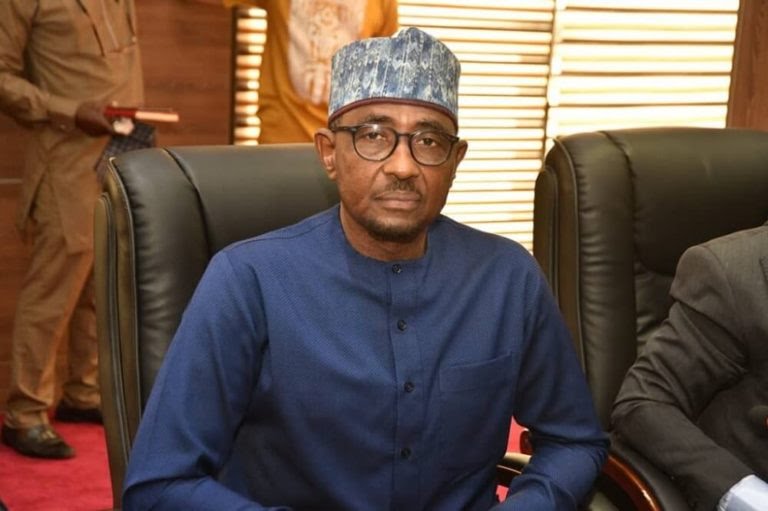Despite a combined refining capacity of 985,000 barrels per day, Nigeria’s operational refineries—including the Dangote refinery and two state-owned refineries—are contributing less than 50% of the country’s daily petrol consumption, the Federal Government has disclosed.
The Nigerian Midstream and Downstream Petroleum Regulatory Authority (NMDPRA) revealed that the shortfall is being met through the importation of refined petroleum products, as Nigerians consume an average of 50 million litres of petrol daily.


Nigeria Still Relies on Fuel Imports
At a press conference in Abuja, NMDPRA’s Chief Executive, Farouk Ahmed, represented by the Executive Director of Distribution System, Storage, and Retailing Infrastructure, Ogbugo Ukoha, explained that although the refineries are operational, they have not imported petroleum products this year.
He noted that under the Petroleum Industry Act (PIA) 2021, the government has been granting import licenses to meet domestic demand, preventing potential fuel shortages.
Decline in Fuel Consumption, Yet Local Supply Remains Insufficient
Following the removal of fuel subsidies in May 2023, Nigeria’s petrol consumption dropped from 66 million litres per day to 50 million litres per day. However, more than half of this demand is still met through imports, raising concerns about the country’s dependence on foreign supply.


Government Monitoring Fuel Quality Amid Concerns
The NMDPRA emphasized that all imported petroleum products in 2025 have met the required standards set by the Standard Organisation of Nigeria (SON) and the PIA 2021. The agency dismissed concerns over fuel quality, urging the public to disregard unverified claims circulating on social media.

What This Means for Nigeria’s Fuel Supply
With no local refineries importing petrol and a significant portion of demand still covered by imports, the government may have to intervene to ensure adequate supply. The regulator reassured Nigerians that steps are being taken to prevent fuel shortages and maintain product quality nationwide.




